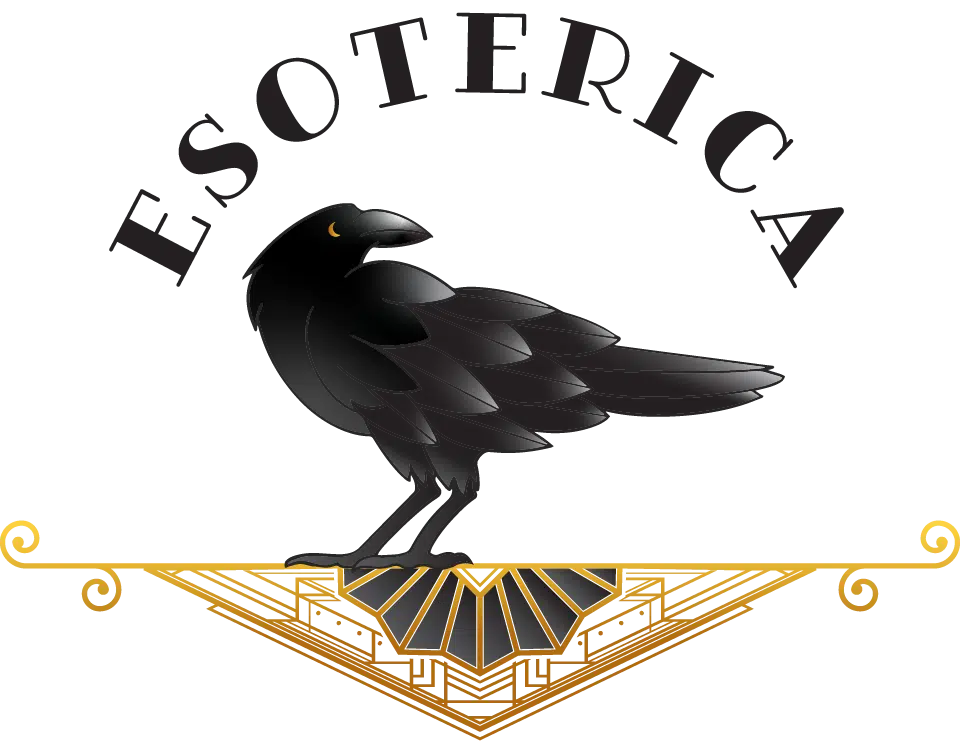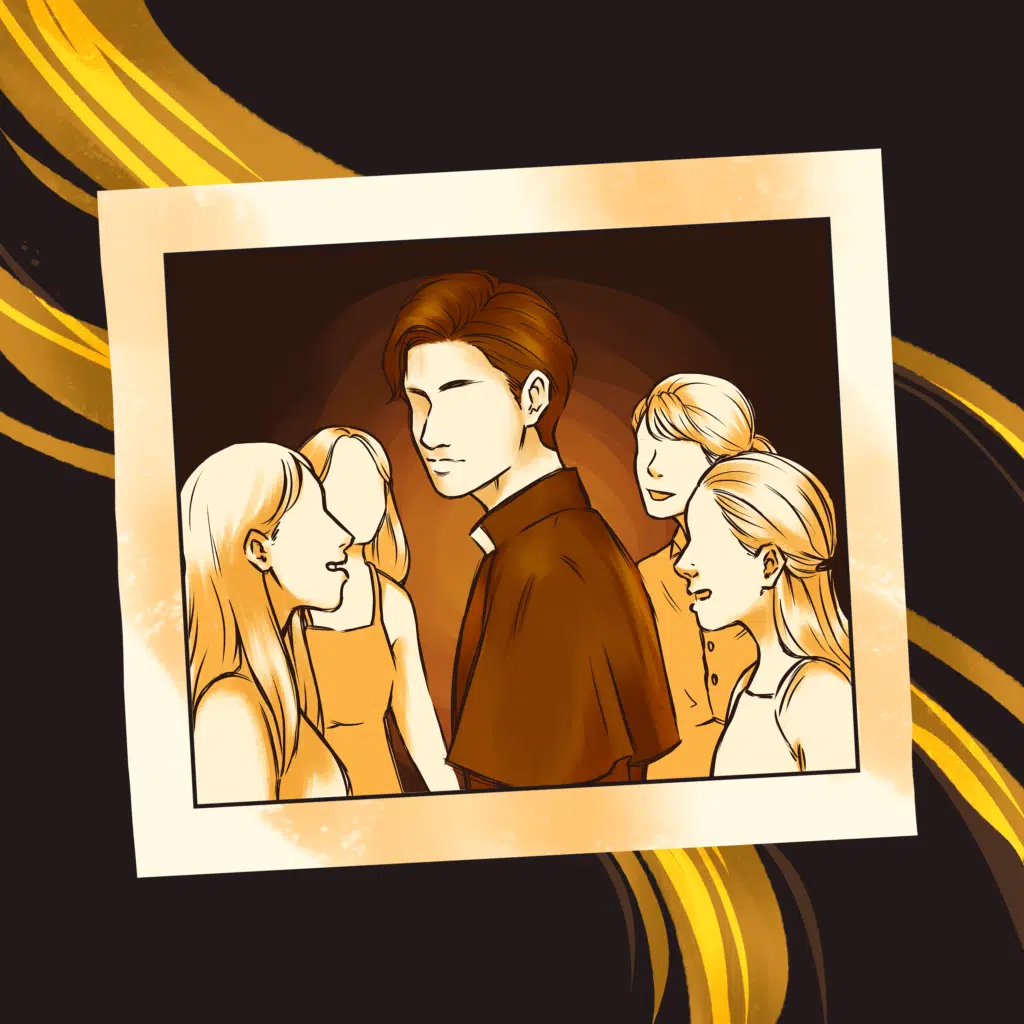By James Cortese
Childhood—here’s what I hated about it. I hated the way you had to be like everyone else. Hated the way you had to pretend to like what you really hated. And most of all, I hated how all the clocks ran so annoyingly slow. On top of all that, I was the wrong sex. Boys got to do what they wanted. Girls had to do what was expected.
Dad was a well-known psychiatrist with lots of celebrity patients. Mom was dedicated to making the world a better place and spent more of her time doing that than raising her children—a job that was out-sourced to Ruthie, our nanny. Dad had gotten into high tech early on, and suddenly checks were pouring in, giving us more comfort and advantages than we knew what to do with. From the outside it really did look like the American dream.
Far as I’m concerned, all those advantages never did me any good. Mom claimed it was my attitude. She was Irish, a fatalist, a born believer. She believed in anything remotely implausible, including contradictions, which she believed were tests to be overcome in order to believe. I wasn’t like her at all. I hated believing just to believe. I hated it when people said: “This is the way it is. This is what you have to believe. I didn’t want to have to. I just wanted to know why. I wanted belief to be so believable that it wouldn’t even enter my head to question it. It didn’t seem like too much to ask. In the Bible passages that we studied at St. Cletus Elementary, they said Adam knew Eve. But Eve never got to know Adam. It didn’t seem right, even if I wasn’t too clear about what exactly you know when you knew. The whole thing seemed needlessly complicated.
Dad was not a believer, although he felt it was his duty to keep that opinion to himself. A second-generation Italian, he had inherited the Italian male’s paradoxical combination of respect and contempt for the church. If he believed in anything, it was in the absolute necessity of not believing. He was a rationalist and put his faith in the facts. Belief for him was a form of dementia. “Look at your mother,” he would say whenever he wanted to prove a point about crazy convictions.
Mom came from a wealthy family of famously pious Catholics. Dad was doing his residency at Columbia and Mom was visiting her Aunt Jenny. Mom believed he was a catch, and the rest was history. I came along nine months later, having been conceived, according to Dad, in the honeymoon suite at the Plaza Hotel, where Dad, at least according to the story he told me, had a pal working the front desk. Marital bliss ended abruptly for Mom when, shortly after my birth, she made the acquaintance of one of Dad’s current girlfriends, Helda, a name my mother wielded like a rolled-up magazine aimed at his head during their more intense quarrels.
Not only did Mom give up being a wife, but she also gave up being a mother, taking up important charitable causes—the hungry in Africa, the oppressed in South America, the impoverished in Asia. She never expressed any sympathy for underprivileged people, and I always suspected all of this was to make my father’s life as miserable as possible and yet keep in the good graces of the Almighty. We knew it might have been a bit more than a charitable instinct when she joined a religious sect with the Indian woman she’d made a point of saying she’d fallen in love with. The woman convinced her to go to India, and we didn’t see her for a while. When she returned, she had even less interest in being a mother than she’d had before. No problem, I was competently looked after by nannies who were top-notch at being good moms. My own Mom routinely demanded dutiful kisses on her cool, powdery right cheek, but never felt I was owed any in return. She usually kept to her room, spending a lot of time cross-legged on the floor, her face displaying a look of beatific serenity. Everyone was too embarrassed to say there was anything wrong with her.
Seeing all this, Dad set out on a sustained effort to take a more active role in my life and one day showed up in my room with one of his cameras—a 1938 Leica. “This is my favourite,” he said. “I want you to have it, Sweetie.” Then he proceeded to give me a lesson on shutter speeds, f-stops, depth of field, and other photographic arcana. I felt like Eve holding a magic apple.
I remember the very first picture I took. It was of Mom, of course, in the kitchen by the window, and bathed in a shaft of buttery early-morning light. I took it from behind, so she wouldn’t see me. I remember spending a good deal of time composing the shot and worrying that my exposure settings might not quite capture what struck me as ethereal light, though I didn’t yet have that name for it. When the camera clicked, she turned abruptly with a cross look on her face. I felt very strange for having done what I did. Years later, I came across something Diane Arbus had said about photography, and it seemed to fit me exactly: “I always thought of photography as a naughty thing to do,” she’d said. “That was one of my favourite things about it, and when I first did it, I felt very perverse.”
Our parish priest, Father Dauphinais, liked to tell us that God was our friend. I once confessed to Father D. I had some doubts God was my friend. The word “doubt” always got him worked up. Father’s D.’s reply was always the same. All the important answers were “mysteries,” and all the really unpleasant mysteries (like tidal waves that wipe out whole villages, or babies dying of cancer) were part of “God’s plan,” and who were we to quarrel with that?
He asked me why I felt this way, his voice soft and sexy—a real waste for a priest, I often thought, juiced up on my new teenage hormones, nothing much making sense, my head focused on a single all-encompassing idea—boys. I told him I’d always prayed to God but never had much luck with it. For example, I was constantly tempted by “impure” thoughts, but no matter how hard I prayed, they just wouldn’t go away. In fact, the harder I prayed, the worse they seemed to get, and I’d find myself thinking about the very thing I was trying so hard not to think about. Didn’t seem right. What was going on? Father D. said this was God’s way of testing me.
I didn’t much like the idea of being tested. It reminded me of school. Tested for what? If life was like school, where I was a star troublemaker, things didn’t bode well for the future. Was Hell like an eternity in the principal’s office? I hoped not. I was pretty familiar with the principal’s office, where the ultimate punishment was being rapped on your knuckles with a steel ruler wielded by Sister Severina. Early on I made it a point never to cry—the usual response of my classmates—and I think Sister Severina took this as yet another example of my willfulness and unchristian attitude toward chastisement.
“You again!” she would say as I was led into her office by the ear. “Let’s see if the medicine works this time.”
It never did. They tried everything. They made me sit in the wastebasket in the front of the class, or sometimes scrunched up on the floor in the well of Sister’s desk. When corporal punishment and shame didn’t work, they resorted to the Nuclear Option: removal of the tongue by the application of a liquid called Andronicus (pronounced andro-nye-cus), otherwise used to eradicate ink.
Once, after Sister warned the unruly class that the next person to speak out of turn would have their tongues removed with Andronicus, I immediately said to Jimmy Buongiorno, sitting in front of me, “We should get that bottle and put it on her tongue.”
Jimmy turned to look at me and caught sight of my impromptu impression of a tongueless Sister Severina struggling to speak. He tried to contain his laugh but failed and gave out with a loud snort through his nose, where the thick mucus from his perpetual cold exploded onto his desk—a sight that immediately aroused the vocal disgust of Kristen Reilly, who was sitting in the seat beside him.
Sister had an uncanny ability for zeroing in on the source of classroom disruption and called me up to the front of the class.
As I stood there, Sister demonstrated the amazing tongue-eradicating power of Andronicus by making a few words written in ballpoint ink disappear from a piece of paper.
“Open up!” she ordered. “Stick out your tongue!”
I did as I was told and remained that way while Sister fulminated, sermonized, procrastinated, and finally had second thoughts, as I knew she would. In the end, she decided to be merciful—this time—and sent me back to my seat.
At some point, I decided it made no sense to keep bucking the system and set about to reform my behavior. It was my first lesson in playing the game, and I became very good at it. From hellion to model student—a St. Cletus success story. I soon became everyone’s favourite. The Church loves the idea of redemption—the unfailingly merciful God its most popular feature.
Father D. was young for a priest. He was our church’s superstar. All the girls giggled and swooned when he smiled and patted them on their heads or shoulders or arms or sometimes, if no one was looking, on their shapely backsides. My best friend Miranda Finch confessed she had a crush on him. Miranda was such a copycat. She’d gotten it from me.
Once, having just skimmed through a pre-underlined copy of Lolita and tired of being bored and up for some malicious fun, I confessed to Father D. that I’d done something forbidden and horribly sinful with a married man. I thought he’d tell me to quit pulling his leg, but he didn’t. He was very serious and wanted to know if the man had taken advantage of me. I had to laugh. I knew very well what “advantage” was. No, the whole thing was my idea, I said, and explained to Father D. how I’d called up this man and confessed my interest in him. Turned out, I said, he’d felt the same way about me (not surprising, in retrospect, since he he’d those same feelings for a lot of girls my age). In my invented story, I told Father D. how this man had picked me up as I walked home from school, how we drove to a deserted parking lot, and how he tried to get me into the back seat where we could be “more comfortable.”
“And you understood the implication of that?”
“He told me right out, Father,” I confessed. “He used all the bad words that you possibly could.”
“And it never occurred to you, my child, that you were about to commit a grave sin, risking your immortal soul for a single moment of fleeting pleasure?” Father D.’s voice seemed to have changed—as if he’d gotten something caught in his throat.
“I just couldn’t think anymore, Father. Whatever he said, I did. It happened so fast. Suddenly, next thing I know, all our clothes are off and I’m sitting there on his lap.”
Father D., said nothing. I assumed he wanted me to go on.
“I kept saying no, but he wouldn’t listen to me, Father.”
“You had second thoughts and wanted him to stop?”
“I didn’t know what to do. He was breathing real hard—almost choking—his eyes kind of weird, his mouth all twisted. Then I got the shimmy shakes so bad, I called out to Jesus.”
Father D. was quiet. I waited for him to reply. Finally, he cleared his throat and said, “Do you feel he took advantage of you, my child?”
What was the point of a lie? I told Father D. the truth: “I could have stopped it or even not let it happen, but I just didn’t.”
“I see. I see. Well, then, are you—are you sorry, my child? Are you sorry for your sin?”
I said I was, though that wasn’t quite true. And once that was out of my mouth, it seemed logical to say that I felt ashamed I had disappointed Jesus. I said everything I was supposed to say, including that I would never commit that sin again. Which wasn’t exactly true, though at the time, and in the moment, it expressed my sense of a possibility that it might or should be true at some future time. I was confused, feeling like that time at summer camp, when we went horseback riding, and the horse would go this way or that way, no matter what I wanted it to do.
Later, when I went away to college and was home on Christmas break, I made a point of running into Father D. after Mass one Sunday outside the rectory. I had my Leica with me and got him to pose for some shots. I was shooting black and white from a crouch so that he towered in the frame, his head surrounded by a glowing nimbus of light from a cloud-veiled sun. There was one shot, the best of the lot, where he’s turning away, his ghostly face a near blur against a lowering sky, a forced smile morphing into no smile at all—a man caught in between, a man caught off-guard, ashamed or embarrassed, a man revealed—one of my all-time favorite youthful photos and, after I submitted it to a contest, it was the first time I was paid for one of my photographs.
Eventually, Father D. left St. Cletus to do missionary work in South America. Later we heard he’d quit the priesthood altogether and had hooked up with one of those lost stone-age tribes. It was said that when a group of anthropologists ran into him, he had a rock under his lower lip, his face was painted, and he was wearing only a headband and a necklace made out of human teeth. They said he had several wives and about fifty kids.
We all laughed and nodded, though I’m sure it wasn’t remotely true.
James Cortese grew up in Massachusetts and now lives in Northern California. He has published short stories, a collection of miscellaneous work called “What the Owl Said” and the novel “The Very Last Thing .” He has worked as a college professor, short-order cook, book editor, operating room orderly, professional student, librarian, and executive speechwriter for high tech companies that had an annoying habit of going out of business.


